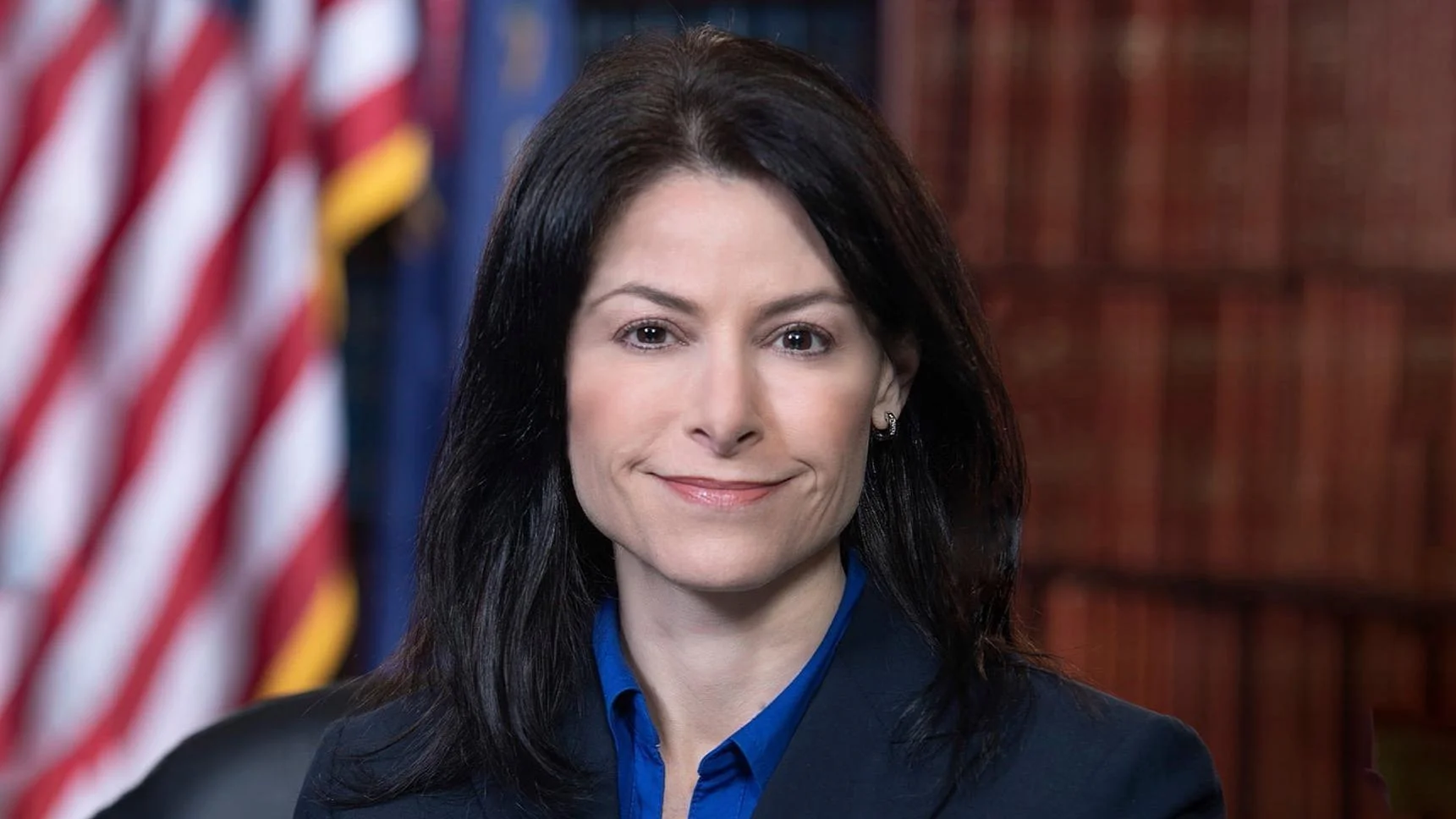Dana Nessel, Attorney General of Michigan | www.facebook.com
Dana Nessel, Attorney General of Michigan | www.facebook.com
Michigan Attorney General Dana Nessel has joined a coalition of 21 states in filing two amicus briefs supporting the Council for Opportunity in Education (COE) as it challenges recent federal decisions affecting funding for TRIO programs. The briefs, submitted to the U.S. District Court for the District of Columbia, aim to protect access to higher education for low-income, first-generation, and underrepresented students.
The lawsuits seek to halt the Department of Education's discontinuation of many active TRIO grants and its denial of new Student Support Services (SSS) grants. These actions were justified by new federal policies that restrict diversity, equity, and inclusion (DEI) initiatives.
“These longstanding programs have helped students in our state have the support they need to pursue higher education, and without them, too many Michiganders would be denied the chance to advance their careers,” Nessel said. “The Trump Administration’s attempt to cut off funding to these programs would set back decades of progress. I stand with my colleagues and universities in Michigan and across the country in defending TRIO programs and the life-changing opportunities they provide.”
One complaint challenges the Department’s decision not to continue dozens of ongoing TRIO grants that had been funded through 2026. Another contest centers on the denial of new SSS grant applications after applying anti-DEI policies retroactively. Applications were rejected even though they had been submitted under previous guidance requiring an explanation on how equity and accessibility would be addressed.
According to the filings, these changes have already resulted in program closures at colleges and universities nationwide, affecting students who depend on this support. The lawsuits argue that these actions violate several provisions of the U.S. Constitution, the Administrative Procedure Act, and Congressional intent behind nearly six decades of maintaining TRIO programs.
The amicus briefs highlight that ending federal funding abruptly could have significant long-term impacts on students, educational institutions, and state economies.
Attorney General Nessel is joined by her counterparts from Arizona, California, Colorado, Connecticut, Delaware, Hawaiʻi, Illinois, Maine, Massachusetts, Minnesota, Nevada, New Jersey, New Mexico, New York, Oregon, Rhode Island, Vermont, Washington, and Wisconsin.






 Alerts Sign-up
Alerts Sign-up